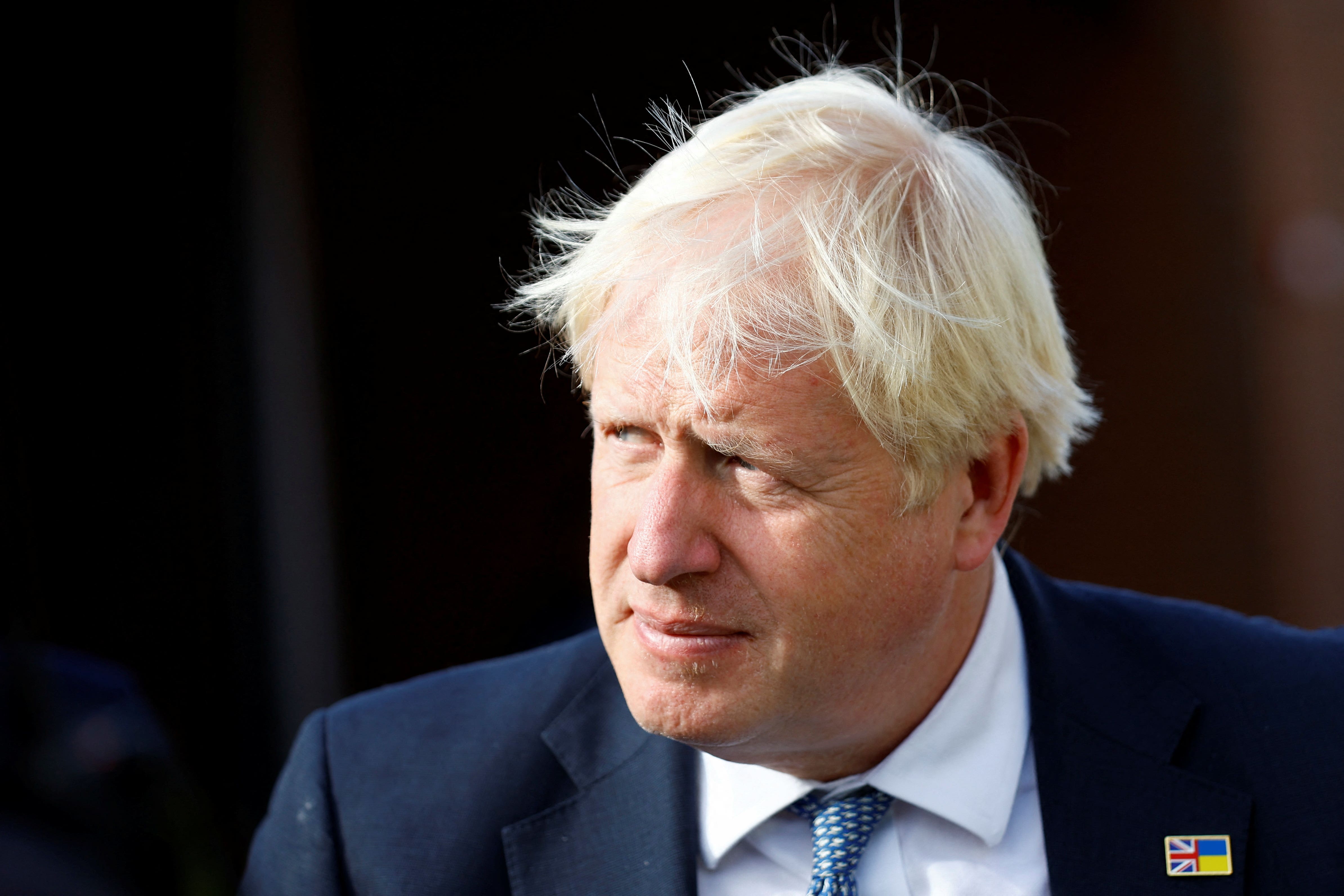I knew Labour was going to lose Uxbridge – I was there. They want Boris back
I was in Uxbridge last week and I thought a Labour win improbable, writes Tanya Gold. Why? The locals are still in love with their departed hero and long for him to return


The chair of Uxbridge Labour Party, David Williams, has quit. He left in a small Götterdämmerung of hurt pride and nostalgia after the Tories clung on in Boris Johnson’s old seat. He tweeted that “politics needs to have principles” and Jeremy Corbyn, “gave a huge boost to the Labour Party”. To which I can only say – get a calculator, and a map.
Labour lost by 5,000 votes in 2017, and 7,000 votes in 2019. Labour lost by 495 votes on Thursday because left-leaning Brunel University students were at home, and the Greens neglected to vote tactically – their vote share increased – and returned a Tory to Westminster, instead.
I was in Uxbridge last week and I thought it was unlikely Labour would win, even if the bookies said they would, even if Labour was blamed for Ulez, and even if I met a Conservative activist slinking back to HQ having split his trousers.
The general election may be different – turnout was a pitiful 43 per cent – but Uxbridge is not like the Red London boroughs, even if it is nominally in the city: that is a distortion of urban sprawl.
Uxbridge is far closer in character to Essex, which has only Tory MPs, and which kept faith with Boris Johnson longer than anyone because, in spirit at least, he is Essex Man.
I met no Tory voters in Uxbridge who are pleased that Johnson has left. They still like him because he makes them laugh, and they do not connect his irresponsibility with our predicament. They do not blame the government for the state of the economy: they blame the pandemic, the war in Ukraine, and an overreaching state, which, they think, gives people benefits which they should earn themselves.
They are strangely sanguine and depressive: they do not expect things to be better. Nor do they blame Brexit: this is a Leave-voting constituency, and that would mean blaming themselves.
The Labour campaign was condescending and over-confident: with Britain in decline, what sane person would vote Tory? That attitude is a Corbyn hangover and terrible politics: all voters need seduction and Johnson understood that yearning, even if he never delivered on it.
Labour voters want change, but they have little faith in Starmer as an agent of change. It is a hard and, for me, righteous path from Corbynism to Starmerism: someone had to stay to rebuild Labour. He began his political career with a lie – and now he must convince us he is honest.
I found two trends which are connected: disengagement from politics – I met one man who didn’t know that Johnson is no longer prime minister, and many who will not vote at all – and a new faith in conspiracism.
Piers Corbyn, the Grand Wizard of conspiracism, stood for the Let London Live party. He spent the campaign outside Uxbridge Underground station playing a song called “It’s Beginning to Look a Lot Like Genocide” through a loudhailer.
Corbyn is singular, but I also met ordinary-seeming women who believe the prime ministership is an honorary position, and real power rests elsewhere – with Bill Gates; with global Jewry and their space lasers; with lizards.
There was one thing that cheered me in Uxbridge. This election was called because Boris Johnson was sanctioned by the standards committee for lying to parliament: this by-election was his punishment.
David Williams dreams of Corbyn Redux, but there was the potential for something as bad. If Johnson, who yearns for his own political renaissance had stood, he would probably have won.






Join our commenting forum
Join thought-provoking conversations, follow other Independent readers and see their replies
Comments